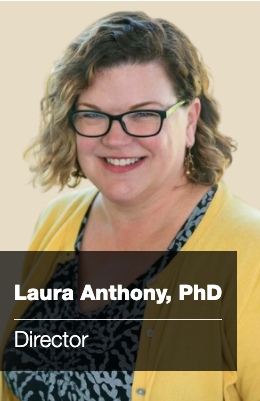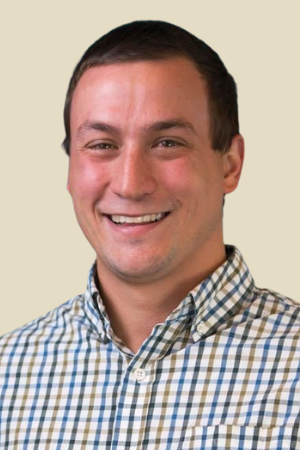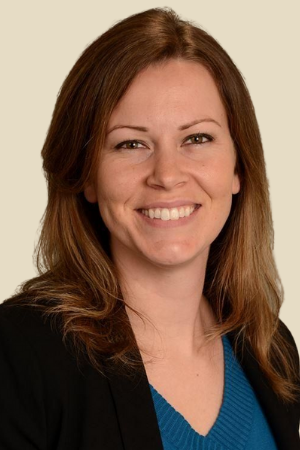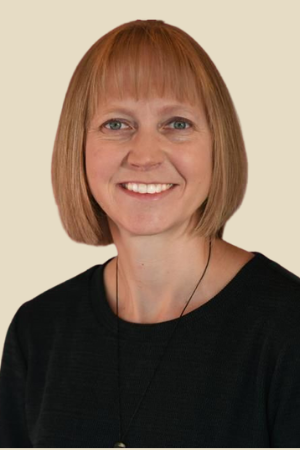
About Us
Our Members
Dr. Bruno Anthony
Bruno J. Anthony, Ph.D.
Dr. Jacob Holzman
Dr. Jacob Holzman is an Assistant Professor in the Department of Psychiatry through the University of Colorado Anschutz
Dr. Jessica Hawks
Dr. Michelle West
Dr. West has experience working with psychosis spectrum symptoms in clinical, research, and forensic contexts, at all stages of development of these symptoms. Her research has investigated stigma and self-stigma of mental illness. Her current projects focus on understanding and treatment of clinical high risk for psychosis, including outcomes assessment for a coordinated specialty care treatment, developing a school/work treatment, and developing a treatment for co-occurring risk for self-harm. Her clinical and research interests include diagnosis and treatment with complex clinical presentations, cognitive behavioral therapy for psychosis (CBT-p), dialectical behavioral therapy (DBT), and assessment/collaborative management of suicide risk.
Dr. West is an Assistant Professor at the CU Anschutz. She was previously an Instructor in Psychology at Harvard Medical School and at Massachusetts Mental Health Center Public Psychiatry Division of the Beth Israel Deaconess Medical Center. Dr. West earned her undergraduate degree in psychology and philosophy at Colgate University, her master's in forensic psychology at John Jay College of Criminal Justice, and her doctorate in clinical psychology at the City University of New York Graduate Center at John Jay College of Criminal Justice.
Dr. Sarah M. Kennedy
CIIRG
The Community Based Intervention and Implementation Research Group

.png?sfvrsn=2043c6ba_0)



